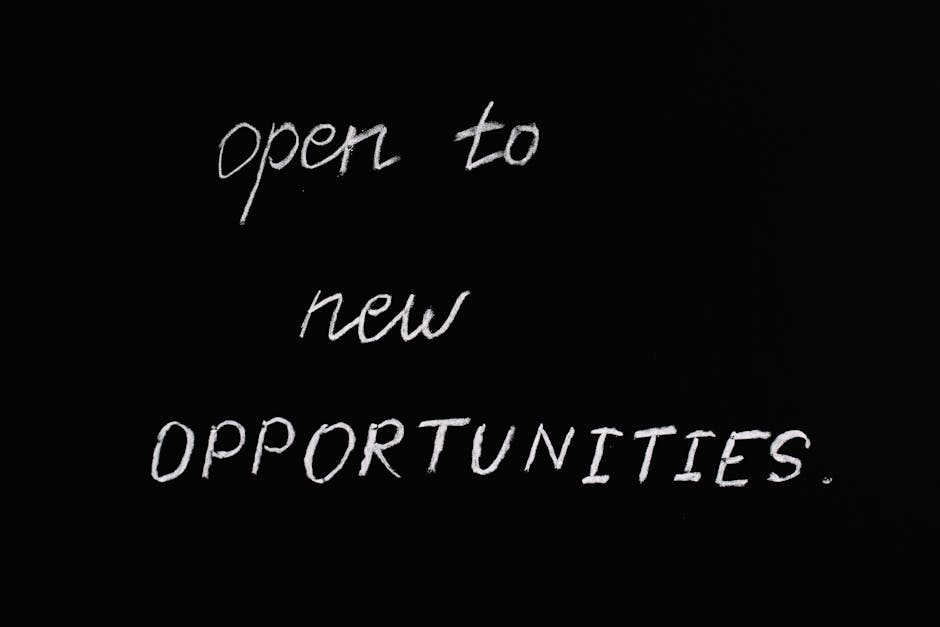Mindset: The New Psychology of Success
Carol S. Dweck’s groundbreaking work, Mindset: The New Psychology of Successrevolutionized our understanding of achievement and potential. The core concept hinges on two distinct mindsets: fixed and growth. A fixed mindset believes abilities and intelligence are static, innate traits. Success is seen as validation of inherent talent, and failure signifies inherent limitations. Conversely, a growth mindset embraces the idea that abilities are malleable and can be developed through dedication and learning. Challenges are viewed as opportunities for growth, and effort is celebrated as the pathway to mastery.
This fundamental difference in perspective profoundly impacts various aspects of life. Individuals with a fixed mindset often avoid challenges, fearing failure will expose their perceived inadequacies. They may interpret criticism as a personal attack, hindering self-improvement. Conversely, those with a growth mindset actively seek challenges as chances to expand their capabilities. They view criticism constructively, using feedback to refine their skills. They understand that effort, not inherent ability, is the primary driver of success.
The Impact on Achievement: The implications of mindset extend across academic, professional, and personal domains. In education, students with a growth mindset tend to perform better. They persevere through difficult coursework, embrace setbacks as learning experiences, and demonstrate greater academic resilience. This is because they view intelligence as something that can be cultivated, not something they’re simply born with. They are more likely to seek help when needed, rather than feeling shame or embarrassment. In contrast, students with a fixed mindset may avoid challenging subjects, fearing failure will reveal a lack of inherent ability. They might give up easily when faced with obstacles, hindering their overall academic progress.
The Workplace and Mindset: The workplace provides another fertile ground for observing the power of mindset. Employees with a growth mindset are more adaptable to change, embracing new challenges and responsibilities as opportunities for learning and development. They view feedback as a tool for improvement, actively seeking ways to enhance their performance. They’re more likely to collaborate effectively, recognizing the value of diverse perspectives and shared knowledge. In contrast, those with a fixed mindset might resist change, fearing it will expose their perceived weaknesses. They might be less receptive to feedback, interpreting constructive criticism as a personal attack. This can hinder their career progression and limit their potential for growth within the organization.
Relationships and Mindset: Mindset also significantly influences the quality of our relationships. Individuals with a fixed mindset may approach relationships with a sense of insecurity, fearing rejection or criticism. They might be less willing to compromise or adapt, clinging to rigid expectations. They may struggle with empathy, failing to understand or appreciate different perspectives. On the other hand, those with a growth mindset are more open to feedback and willing to adapt their behavior in relationships. They are more empathetic and understanding, recognizing that growth requires compromise and mutual respect. They are more likely to communicate effectively and resolve conflicts constructively.
Cultivating a Growth Mindset: While mindset is not a simple “on/off” switch, it’s a malleable trait that can be cultivated and strengthened through conscious effort. This involves actively challenging fixed mindset thinking patterns. One crucial strategy is to reframe failures. Instead of viewing failure as a reflection of inherent inability, see it as an opportunity for learning and improvement. Analyze what went wrong, identify areas for improvement, and adjust strategies accordingly. This process transforms setbacks into valuable learning experiences, fostering resilience and promoting growth.
Embracing Challenges: Another key element is to actively embrace challenges. Stepping outside your comfort zone fosters growth and builds confidence. By consistently pursuing challenges, you demonstrate to yourself that you’re capable of overcoming obstacles and achieving goals. This reinforces the belief that abilities are not fixed, but rather, expandable through effort and persistence. Seeking out difficult tasks and learning from them is crucial to developing a growth mindset.
Learning from Criticism: Learning to view criticism constructively is essential. Rather than reacting defensively, strive to see criticism as valuable feedback, a tool for improving your performance. Ask for specific examples, consider the feedback objectively, and use it to identify areas for development. This process reframes criticism from a personal attack into a constructive opportunity for growth.
Celebrating Effort: Recognizing and celebrating effort is crucial. Acknowledge the hard work involved in achieving goals, focusing on the process of learning and improvement, rather than solely on the outcome. This emphasizes the importance of persistence and dedication, strengthening the belief that ability is developed through effort, not just innate talent. This process helps to internalize the value of hard work and perseverance.
The Power of Language: The language we use reflects and shapes our mindset. Using language that emphasizes learning, improvement, and effort reinforces a growth mindset. Avoid using words that imply fixed abilities or inherent limitations. Choosing language carefully shapes our self-perception and influences our actions. Positive self-talk and encouraging language are vital tools for cultivating a growth mindset.
Mindset and Resilience: Developing a growth mindset significantly enhances resilience. When setbacks occur, individuals with a growth mindset are more likely to bounce back, viewing challenges as opportunities to learn and grow. They understand that failure is a natural part of the learning process, and they use setbacks as motivation to improve their skills and strategies. This resilience fosters perseverance and allows individuals to overcome obstacles and achieve their goals.
Mindset and Motivation: A growth mindset fosters intrinsic motivation. The desire to learn and improve becomes a driving force, leading to greater engagement and persistence in the face of challenges. This internal motivation is far more powerful and sustainable than external rewards or pressures. It leads to sustained effort and long-term success.
The principles of mindset extend far beyond academic and professional achievement. They provide a framework for navigating life’s challenges, fostering personal growth, and building fulfilling relationships. By embracing a growth mindset, we unlock our potential, cultivate resilience, and achieve a deeper sense of accomplishment and satisfaction.





